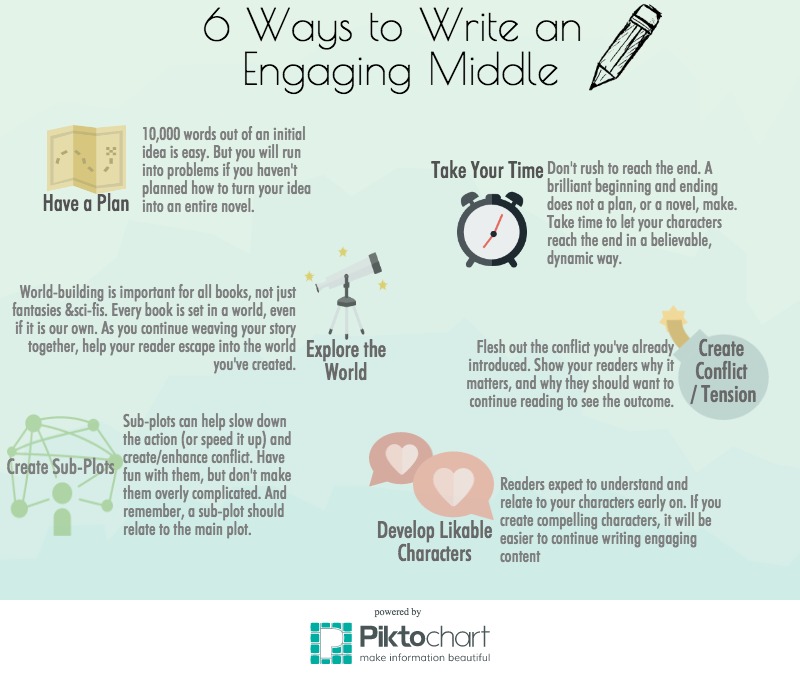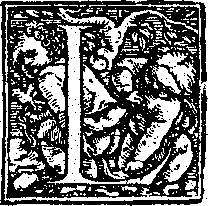After countless NaNoWriMos, something has become clear to me: Once you pass 10,000 words, writing quality can quickly go downhill. This isn’t to say that the quality cannot be improved. It just takes a lot of work.
Lately I’ve read a lot of books that suffer from this problem. For all the writers out there struggling once you hit 10,000 words, here are some tips for creating an engaging middle:












